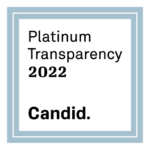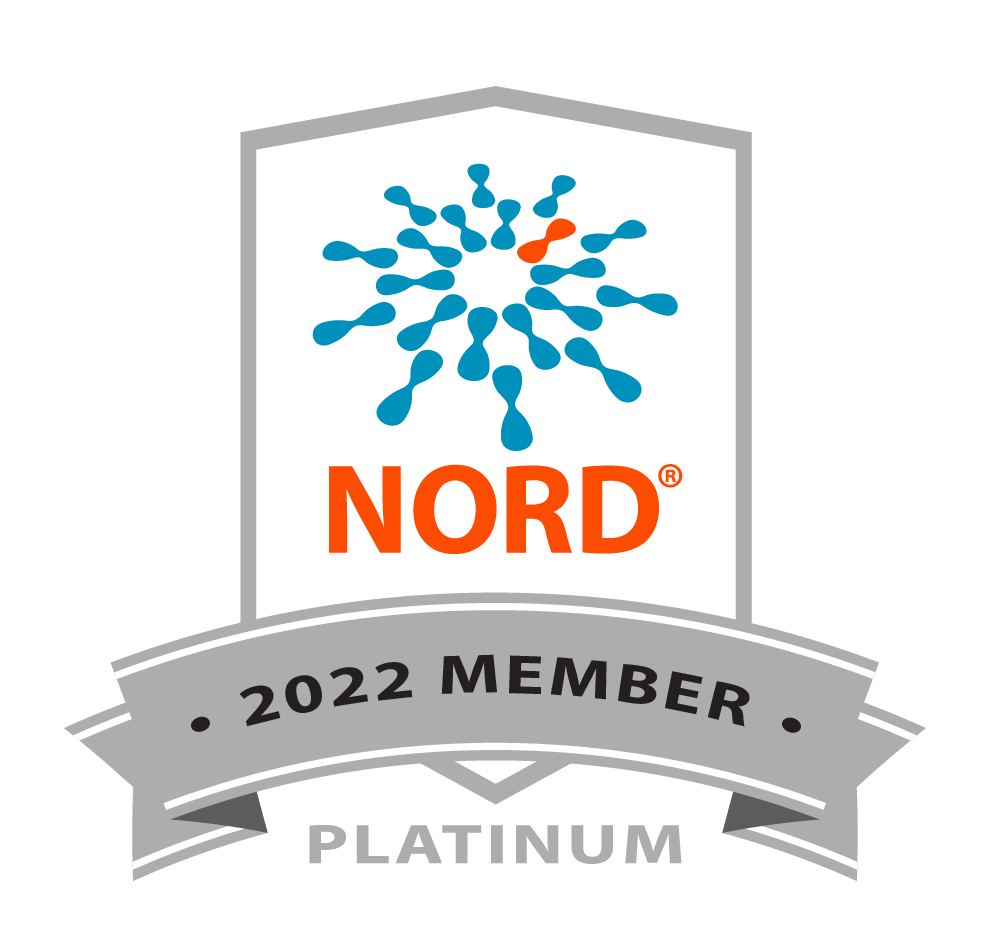April 12, 2022– The Alpha-1 Foundation congratulates the Haystack Project on the Senate introduction of H.R. 6888- Helping Experts Accelerate Rare Treatments Act of 2022 by Senators Casey (PA) and Scott (SC). The HEART Act enjoys a broad coalition of rare and ultra-rare patient advocacy organization support, including the Alpha-1 Foundation.
The Foundation has been advocating for this Act in the past three Alpha-1 Virtual Lobby Days. In February 2021, Representatives Paul Tonko (D-NY) and David McKinley (R-WV) reintroduced the Helping Experts Accelerate Rare Treatments (HEART) Act.
The HEART Act will position more rare disease experts, including patients and their clinicians, to have an active role in the FDA’s review process, and share important perspectives and expertise with those already working hard for our patient community. The changes outlined in the HEART Act are designed to be implemented seamlessly and quickly, without increasing drug development timelines or adding new levels of bureaucracy.
The HEART Act calls for these changes:
- The FDA must consistently include its own Rare Disease Program staff in reviews for drugs to treat rare diseases.
- The FDA must consult directly with patients about any Risk Evaluation and Mitigation Strategies (REMS) for a rare disease drug when those REMS programs call for patient participation.
- Experts in rare diseases must be included in FDA Advisory Committee panels when reviewing rare disease drugs.
- Each year, the FDA must prepare a report indicating how many rare disease drug applications were reviewed by each division at the Agency, including numbers on the prevalence of those conditions.
- The Government Accounting Office must review the EU process for approval of rare disease drugs and provide an assessment of how those processes might apply in the US, including their use of data from open label extension studies.
ACTION: The Alpha-1 Foundation is supporting this legislation, as these commonsense steps will vastly expand treatment access for patients living with rare diseases and help save lives.











